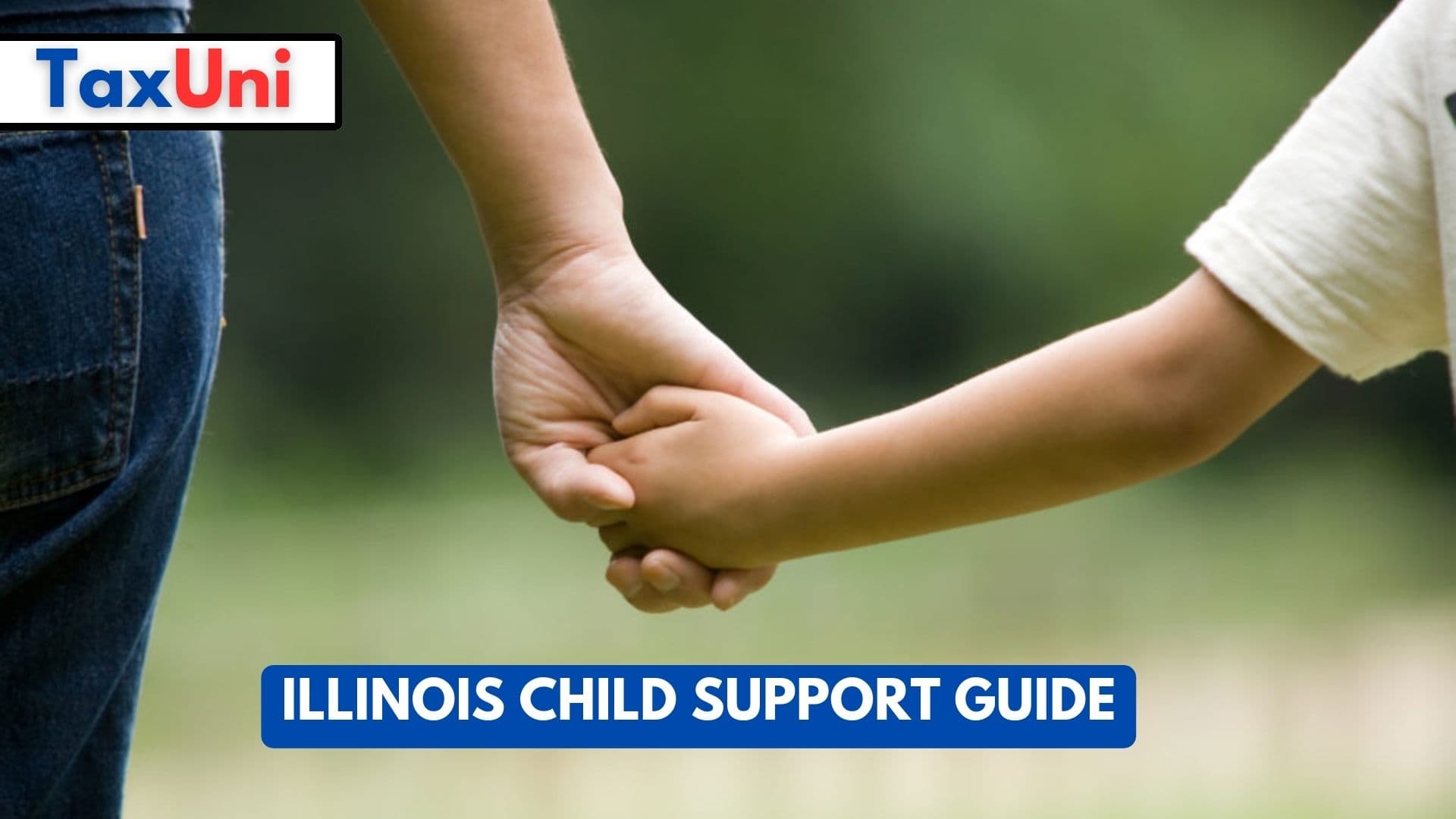The current Illinois child support is based on an income-shares model, which considers the combined net income of both parents when setting a minimum child support obligation. They also take into account the average cost of raising a child for families in similar circumstances. This model allows judges to establish a child support amount that is fair and equitable for all parties.
Once a child support order is established, the court will work with the noncustodial parent’s employer to withhold the agreed-upon payment from their paycheck. Alternatively, they can intercept other government payments such as tax refunds and lottery winnings to collect on past-due child support. The noncustodial parent may also be subject to liens and attachments on property that they own, such as real estate and vehicles.
Illinois child support laws have undergone significant changes in 2024, impacting both custodial and noncustodial parents. The Department of Healthcare and Family Services provides several different resources and support services to help parents understand the new laws. They can also help with locating a noncustodial parent, establishing paternity, and enrolling a child in health insurance.
Illinois Child Support Eligibility
Illinois Department of Healthcare and Family Services provides a child support calculator to help parents determine their minimum child support obligation. This tool takes into account a variety of factors including the number of children, how many overnights each parent spends per year, and each parent’s net income. It also considers a range of other expenses, including health care costs for the children. Child support is generally paid until the child turns 18 unless otherwise specified in the court’s order or parenting plan. If the noncustodial parent fails to pay, the court may enforce the payment by ordering his or her employer to withhold payments, intercept tax refunds, confiscate government benefits, or place a lien on the property.
Illinois has recently undergone significant changes in child support laws, including a new calculation method called “income shares.” The law will affect shared parenting arrangements and healthcare and childcare contributions. Both parents need to understand these changes and seek help when necessary.
Illinois Child Support Application
To apply for illinois child support, parents must submit all required documents and meet the applicable deadlines. Documents can be submitted personally, by mail, or by fax. Government agencies usually set deadlines for paperwork to be delivered, and late submissions may result in an application being denied. To avoid delays, it is a good idea to keep a copy of all relevant documentation for future reference.
Child support payments are processed through the State Disbursement Unit (ILSDU). Custodial parents can choose to have their child support funds automatically deposited into an account of their choice or deposited onto an IL Debit MasterCard(tm), which they can use anywhere MasterCard is accepted. The ILSDU also processes payments received from employers and noncustodial parents.
